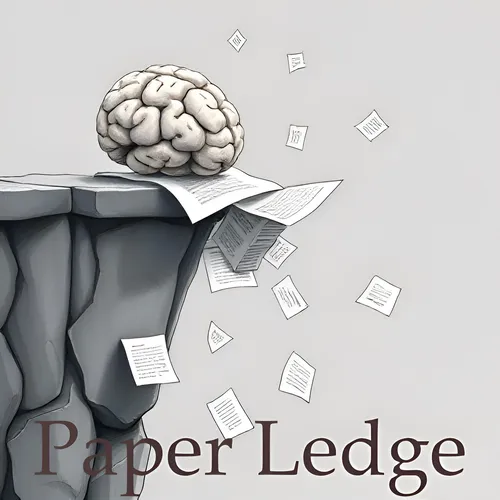Databases - The Case for Learned Index Structures
- Author
- ernestasposkus
- Published
- Mon 16 Jun 2025
- Episode Link
- https://www.paperledge.com/e/databases-the-case-for-learned-index-structures/
Alright learning crew, Ernis here, ready to dive into some seriously cool research that could change how we think about databases! Today, we're talking about "Learned Indexes," and trust me, it's way less intimidating than it sounds.
Imagine you have a massive phone book. To find a name, you don't read every single entry, right? You use the alphabetical order – the index – to quickly jump to the right section. Now, what if that index could be even smarter?
That's the core idea behind this paper. The researchers start with a clever observation: traditional indexes, like the ones used in databases, are actually just… models! Think of it this way:
- A B-Tree index (the standard workhorse) is like a map that guides you to the location of information based on its sorted order.
- A Hash index is like a special address system that instantly pinpoints a record’s location even if things are jumbled.
- A Bitmap index is like a checklist, instantly telling you whether a specific piece of data exists.
The researchers suggest: what if we could replace these traditional "models" with something even more powerful… like deep learning? They call these newfangled data structures "Learned Indexes."
Instead of relying on pre-programmed rules, a learned index uses a neural network to learn the patterns in your data. It figures out how the data is organized and uses that knowledge to predict where to find the information you're looking for. It's like teaching a computer to understand your data so well that it can find anything almost instantly!
The key idea is that a model can learn the sort order or structure of lookup keys and use this signal to effectively predict the position or existence of records.
Now, why is this a big deal? Well, the researchers crunched some numbers and found that learned indexes can be significantly faster and more memory-efficient than traditional indexes, especially on real-world datasets. They achieved up to a 70% speed increase while using a fraction of the memory compared to highly optimized B-Trees!
Think about this in terms of searching for a song in your massive music library. Instead of relying on the standard index, a learned index could "understand" your music collection – maybe it recognizes patterns in song titles, artists, or even genres – and use that knowledge to find your song lightning fast.
But it's not all sunshine and rainbows. There are challenges, of course. Designing these learned indexes is tricky, and we need to figure out when they'll truly shine and when traditional indexes are still the better choice. It's all about figuring out the trade-offs and finding the right tool for the job.
So, why should you care? Well:
- For the techies: This could revolutionize database design, leading to faster, more efficient systems.
- For the business folks: Faster data access means quicker insights, better decision-making, and ultimately, a competitive edge.
- For everyone: This research highlights the incredible potential of AI to improve everyday technologies we rely on.
More importantly though, we believe that the idea of replacing core components of a data management system through learned models has far reaching implications for future systems designs and that this work just provides a glimpse of what might be possible.
This paper is just the beginning. The researchers believe this is a glimpse into the future of data management. It raises some fascinating questions:
- Could we use similar learning techniques to optimize other parts of a database system?
- How do we ensure these learned indexes are fair and unbiased, especially when dealing with sensitive data?
- What new hardware and software architectures will be needed to fully unlock the potential of learned indexes?
It's a brave new world of data management, my friends, and I'm excited to see where this research takes us!
Credit to Paper authors: Tim Kraska, Alex Beutel, Ed H. Chi, Jeffrey Dean, Neoklis Polyzotis
